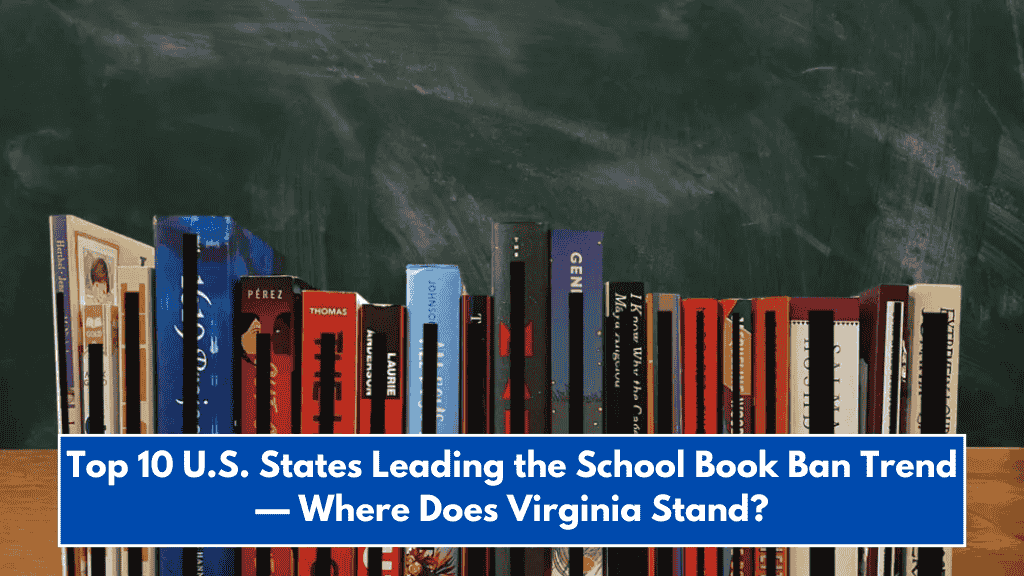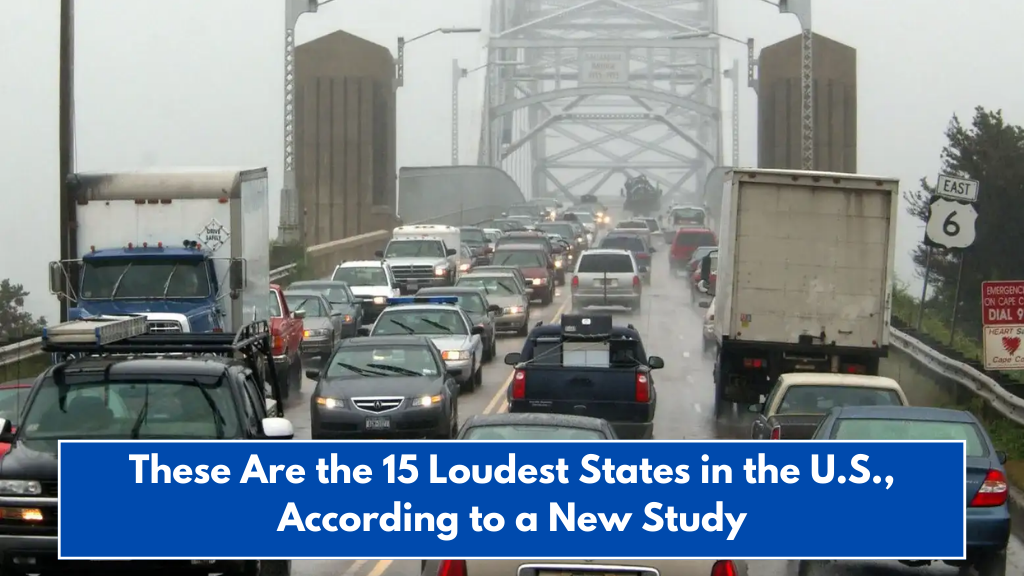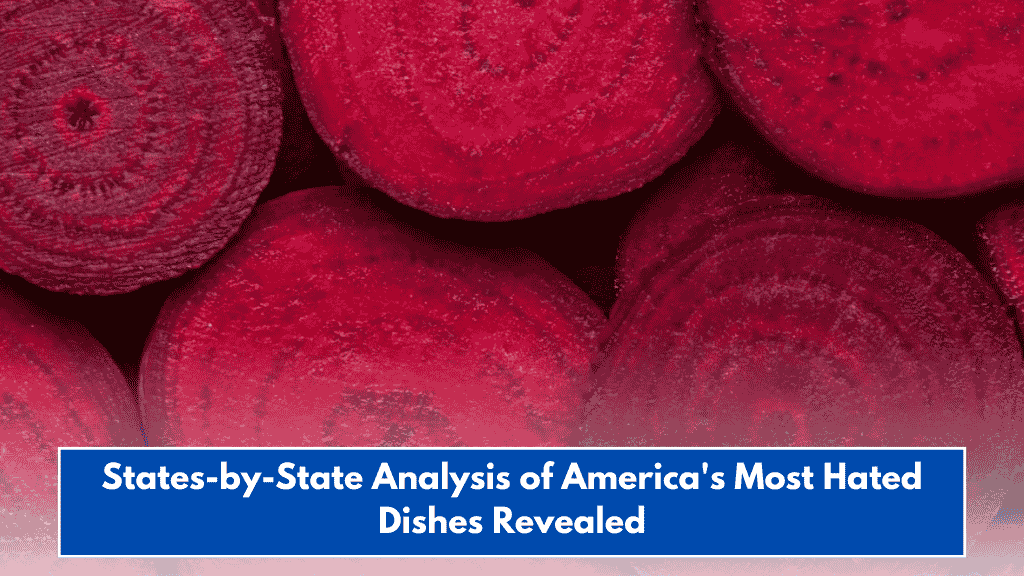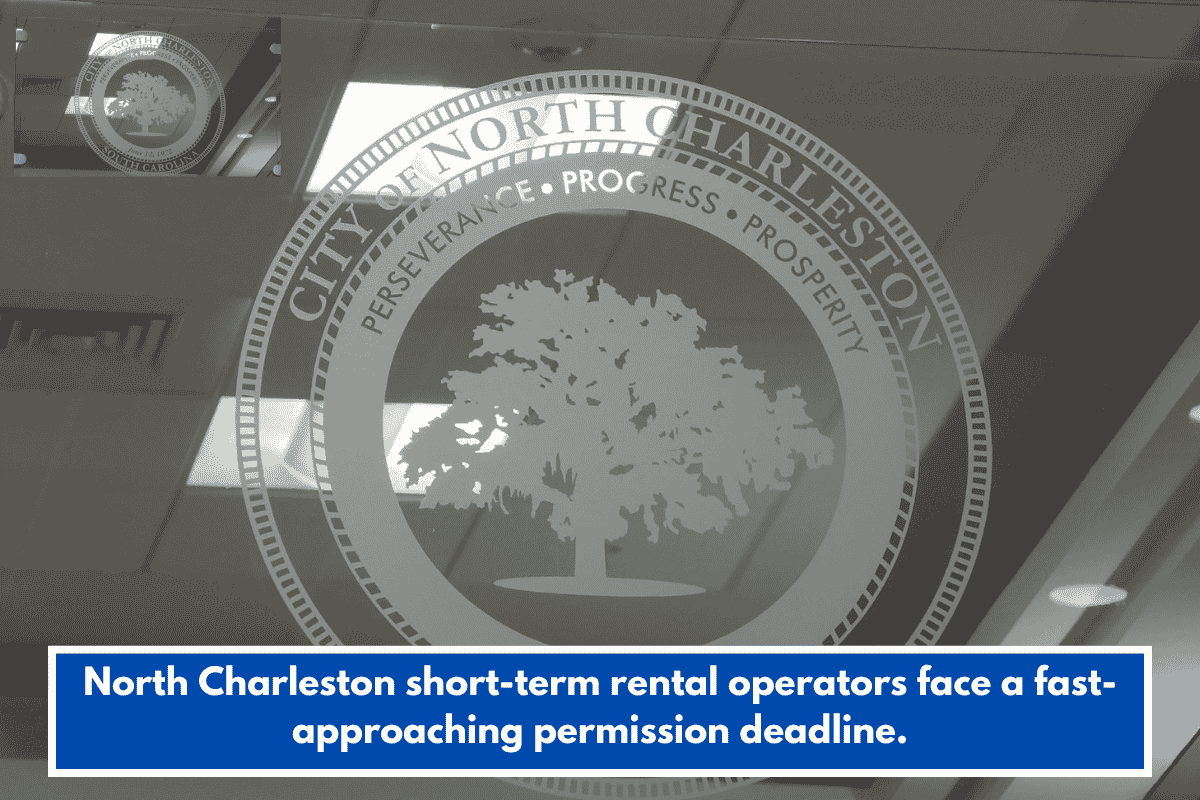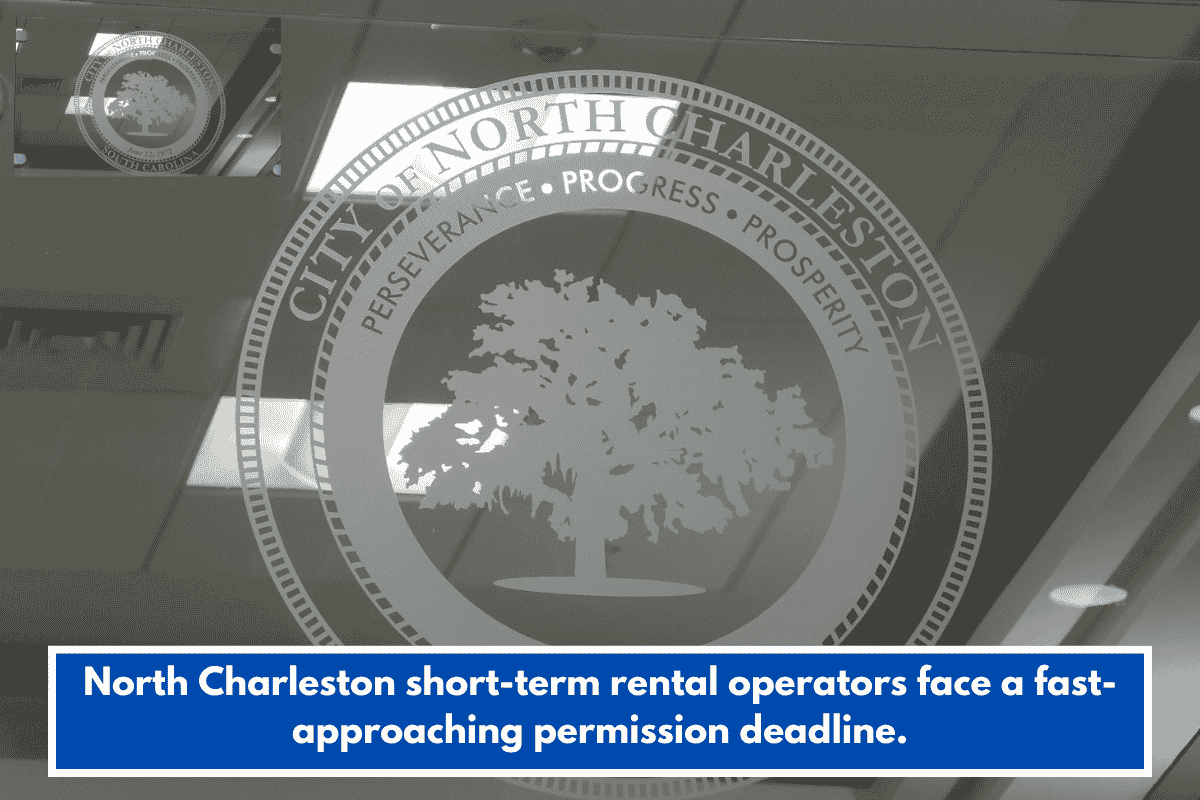Book bans in schools are becoming more common across the United States. While some see it as a way to protect students from sensitive or inappropriate content, others worry it threatens intellectual freedom and education.
A recent report by Pen America, a nonprofit that supports free expression, has highlighted the top 10 states where book bans in schools are happening most often. These bans reflect ongoing debates around parental rights, school policies, and censorship.
So, where does Virginia fall on this controversial list? Let’s explore what the data reveals.
How Pen America Collected the Data
Pen America reviewed book bans issued by school districts between July 1, 2022, and June 30, 2023. These bans were usually in response to books being labeled as sexually explicit, politically controversial, or culturally sensitive.
Their list might not cover every single case — experts believe many schools have quietly removed books without public announcements. However, the report still provides an important look at how literature in education is being affected across the country.
1. Florida — Leading in Book Bans
Books Banned: 1,406
Florida tops the list with over double the number of bans than any other state. Governor Ron DeSantis signed the Curriculum Transparency Act, requiring schools to list all available books online. Parent groups have used these lists to push for removals. Famous titles like Flowers for Algernon and My Sister’s Keeper have been removed from school libraries.
2. Texas — 625 Book Bans
Books Banned: 625
Texas introduced a law requiring book rating labels for school libraries. Books considered “sexually explicit” cannot be accessed by students. As a result, hundreds of titles have been banned in seven major school districts.
3. Missouri — Over 300 Titles Banned
Books Banned: 300+
Missouri passed a law banning visual sexual content in school books. Even literary classics by Shakespeare and Mark Twain have been removed in some districts, especially around St. Louis.
4. Utah — 281 Book Bans
Books Banned: 281
A 2022 law bans books with any “indecent content.” This vague language has led to the removal of important works, including The Bluest Eye by Toni Morrison, a Nobel Prize-winning author.
5. Pennsylvania — 186 Banned Titles
Books Banned: 186
Pennsylvania schools have removed many books, but there’s also strong opposition. State Senator Amanda Cappelletti recently proposed legislation to prevent further book bans.
6. South Carolina — 127 Banned Books
Books Banned: 127
Book bans in South Carolina have created division between schools and librarians. The state’s Department of Education ended its partnership with the South Carolina Association of Librarians due to disagreements over censorship.
7. Virginia — 75 Banned Books
Books Banned: 75
Virginia ranks 7th. A recent law now requires parental notification for any learning material with sexually explicit content. Although lawmakers say the law wasn’t intended to cause bans, many schools have removed books from libraries as a result.
8. North Carolina — 58 Book Bans
Books Banned: 58
A new law called the Parent’s Bill of Rights gives parents the right to review and challenge school content. Several books have since been removed from schools across the state.
9. Wisconsin — 43 Banned Books
Books Banned: 43
Wisconsin districts banned books by well-known authors like Margaret Atwood and Kurt Vonnegut. Most of the banned books were intended for older students, especially high schoolers.
10. Michigan — 39 Books Banned
Books Banned: 39
Michigan schools banned nearly 40 titles. In response, state librarians started a “Right to Read” campaign, promoting awareness and access to books.
Book bans are shaping education policy in schools across America. While some parents and lawmakers believe bans protect children from harmful content, others argue that removing literature limits learning and silences diverse voices.
Virginia, with 75 banned titles, is among the top states in this debate. As laws and policies continue to change, the balance between parental control and academic freedom remains a major point of discussion.

